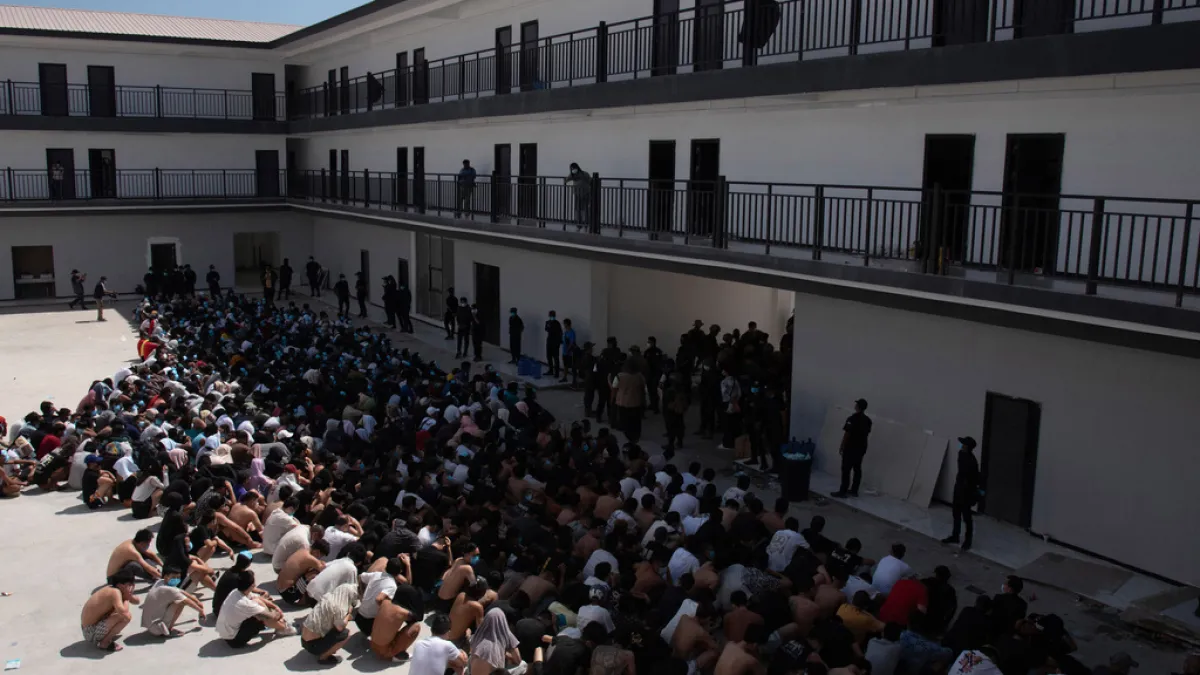China carries out further executions of Myanmar scam centre suspects | Crime News
The executions are part of broader crackdown by Beijing on centres across Southeast Asia, which are built on an industrial scale and hunt scam victims across the globe, as well as running kidnapping, prostitution and drugs rackets.
Published On 2 Feb 2026
China has executed four people found guilty of causing six Chinese citizens’ deaths and running scam and gambling operations out of Myanmar worth more than $4bn.
The Shenzhen Intermediate People’s Court in southern China announced the executions on Monday morning in a statement. However, the timing of the executions was not clear.
Recommended Stories
list of 3 itemsend of list
The executions of 11 other people convicted of running scam centres in Myanmar had been announced last week.
The Shenzhen court sentenced five people accused of running a network of scam centres and casinos to death in November. One of the defendants, group leader Bai Suocheng, died of illness before the sentence was carried out.
The group had established industrial parks in Myanmar’s Kokang region bordering China, from where they allegedly ran gambling and telecom scam operations involving abductions, extortion, forced prostitution, and drug manufacturing and trafficking.
They defrauded victims of more than 29 billion yuan ($4.2bn) and caused the deaths of six Chinese citizens and injuries to others, the court said.
Their crimes “were exceptionally heinous, with particularly serious circumstances and consequences, posing a tremendous threat to society”, the court’s statement said.
The defendants appealed the verdict, but the Guangdong Provincial High People’s Court dismissed their applications, it added.
The executions are part of a broader crackdown by Beijing on scam operations in Southeast Asia, where scam parks have become an industrial-scale business, especially in Myanmar, Cambodia and Laos.
A mix of trafficked and willing labour has carried out digital scams on victims around the world, including thousands of Chinese citizens.
Authorities in the region face growing international pressure from China, the United States and other nations to address the proliferation of crime.
Experts say most of the centres are run by Chinese-led crime syndicates working with Myanmar armed groups, taking advantage of the country’s instability amid the ongoing war.
Myanmar’s military government has long been accused of turning a blind eye, but it has trumpeted a crackdown over the last year after being lobbied by key military backer China, experts say.
In October, more than 2,000 people were arrested in a raid on KK Park, an infamous scam centre on Myanmar’s border with Thailand.
However, some raids mounted by the government have been part of a propaganda effort, according to monitors, choreographed to vent pressure from Beijing without denting profits that enrich the military’s militia allies.
